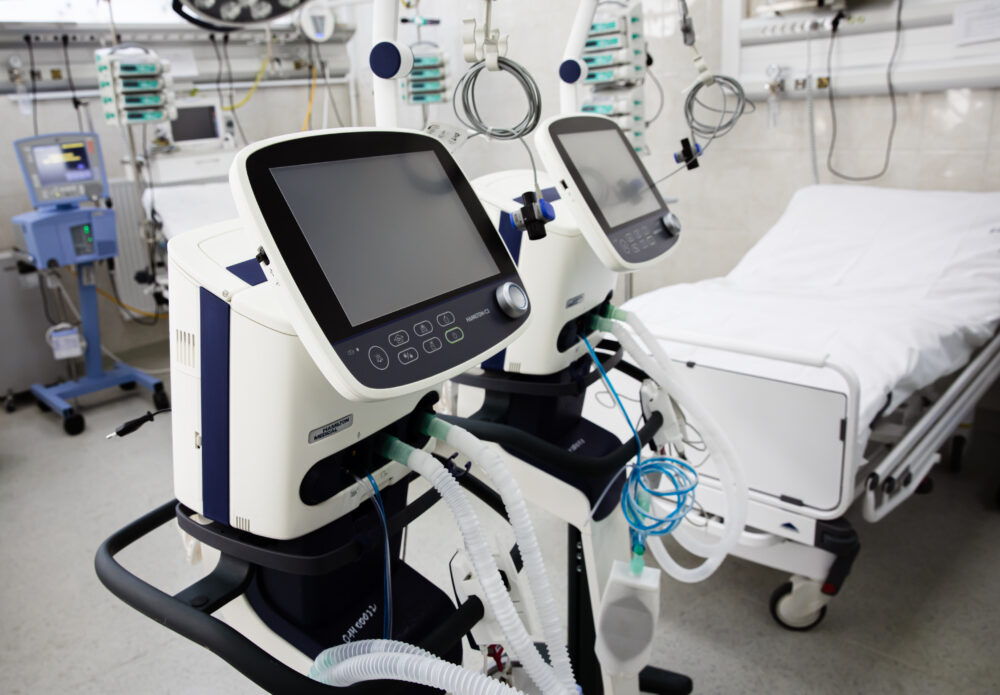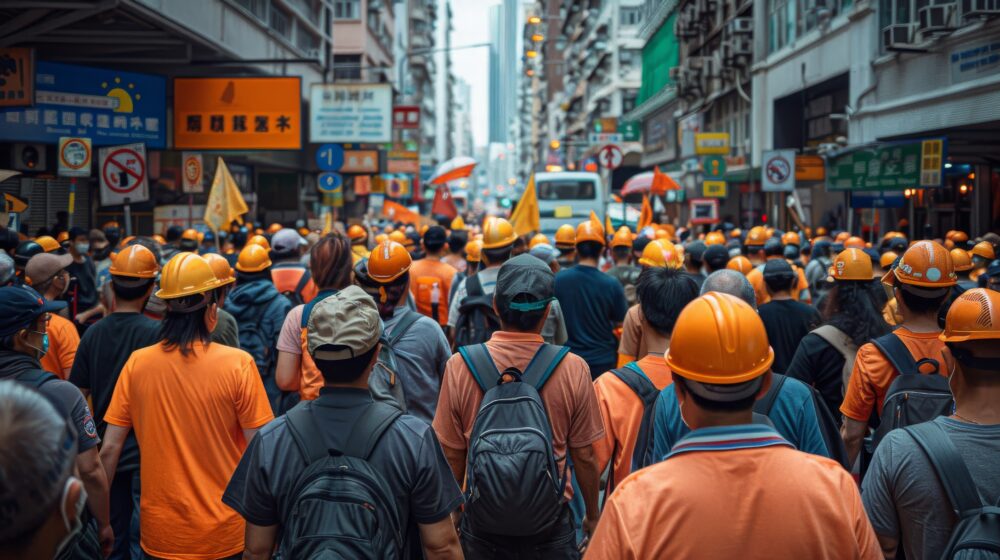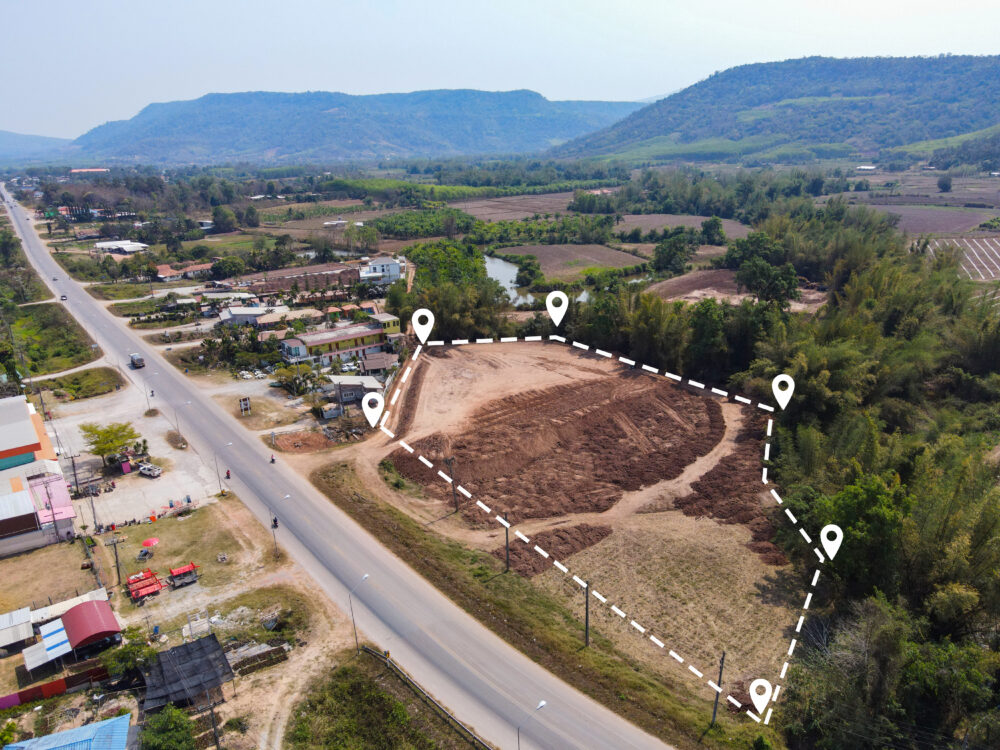I. Overview
With a long coastline, the aquaculture industry has long been considered one of Vietnam’s key sectors. Furthermore, the Prime Minister has issued numerous policies, approved many projects, and strategic plans to promote and develop the aquaculture industry, especially mariculture, which is gradually becoming one of the national key industries.
II. Conditions for enterprises operating in the offshore aquaculture sector
II.1. Conditions related to the establishment of enterprises engaged in offshore aquaculture activities:
According to current legal regulations, in order for an enterprise to carry out mariculture activities, it must first be legally established and registered with the appropriate business sector code. Pursuant to Decision No. 27/2018/QD-TTg, mariculture activities are classified under the group of marine aquaculture (VSIC Code 0321). This group includes:
“032: Aquaculture
Involving the culturing or farming (including harvesting) of aquatic organisms (fish, molluscs, crustaceans, plants, crocodiles, alligators and amphibians); this group includes aquaculture in marine, brackish water, freshwater. This group also include aquatic nurseries.
0321: Marine aquaculture
This class includes:
Aquaculture of aquatic organisms in marine (mudflat, coastal, offshore).
This class includes:
03211: Fish farming
This sub-class includes farming of fishes (groupers, salmons, etc.), including ornamental fish.
03212: Shrimp farming
This sub-class includes farming of shrimps (lobsters, giant tiger prawns, whiteleg shrimps, etc.)
03213: Farming of other aquatic animals
This sub-class includes culture of crustaceans (crabs, etc.), bivalves and other molluscs (oysters, mussels, sweet snails, etc.) and other aquatic animals (seaweed, algae, etc.).
03214: Marine seed production
This sub-class includes the breeding, nursing and domestication of aquatic species (fish, shrimp and other aquatic products) for the purpose of sale for commercial purposes, aquaculture, aquaculture in saline environments.
This sub-class also includes:
– Aquaculture activities in salt water filled tanks or reservoirs;
– Operation of marine worm farms.
This class excludes:
– Operation of frog farms, crocodile farms, tortoise farms, see 03222 (Freshwater aquaculture).”
Thus, depending on the needs of the enterprise and the actual production situation, the enterprise must register the appropriate industry code corresponding to its own business activities. This is a prerequisite step that allows the enterprise to carry out mariculture activities.
II.2. Requirements for enterprises engaged in mariculture:
After successfully registering and being issued the Enterprise Registration Certificate (hereinafter referred to as “ERC”), the enterprise must ensure compliance with the applicable conditions for aquaculture facilities in accordance with fisheries law or other licenses as required by specialized legal regulations. Pursuant to Article 38 of the Law on Fisheries 2017, aquaculture facilities must meet the following conditions:
“An organization or individual engaged in aquaculture shall satisfy the following requirements:
a) Place of aquaculture shallcomply withregulations on using land and marine aquaculture waters in accordance with regulations of law;
b)Facilitiesare conformable with aquatic species and raising methods;
c) Regulations of law on environment safety, veterinary medicines and occupational safety arecomplied;
d)Regulationsof law on food safety are complied;
đ) Cage culture and main aquatic species are registered.”
Regarding the conditions related to facilities, technical equipment appropriate to the subject and form of aquaculture, depending on whether the enterprise conducts aquaculture in ponds, tanks, or using cages and pens, the enterprise must meet the corresponding requirements applicable to each form of aquaculture in accordance with the provisions of Article 34 of Decree No. 26/2019/ND-CP:
“ 1. Infrastructure of pond or tank aquaculture establishments:
a) The edge of the pond must be made of a material that does not pollute the environment, harm cultured aquatic species andensureno water leakage. The waste dump must be separated from the area where dead aquatic species are contained and handled and from the culture area, and not affect the environment;
b) If the aquaculture establishment has an area where equipment, tools and raw materials arecontained, it isrequired to meet storage requirements of the manufacturer and supplier. If the aquaculture establishment has living and hygiene areas, it is required to ensure that domestic wastewater and waste do not affect the culture area;
c) In the case of intensive or semi-intensive aquaculture establishment, it isrequiredseparate the feedwater treatment system from the wastewater treatment system, arrange an appropriate sludge site, put up signs and comply with regulations laid down in Points a and b of this Clause.
2. Infrastructure of cage and pen aquaculture (hereinafter referred to as “cage aquaculture”) establishments:
a) The cage frame,bouys, nets and pens must be made of a material that does not pollute the environment, harm cultured aquatic species and prevent the escape of cultured aquatic species. Itis required to have waterway traffic warning equipment. The waste dump must be separated from the area where dead aquatic species are contained and handled, and not affect the environment;
b) If the aquaculture establishment has an area where equipment, tools and raw materials arecontained, it isrequired to meet storage requirements laid down by the manufacturer and supplier. If the aquaculture establishment has living and hygiene areas, it is required to ensure that domestic wastewater and waste do not affect the culture area.
3. Equipment used for aquaculture must be made of a material thatfacilitatesthe cleaning, is not toxic to cultured aquatic species and does not pollute the environment.”
II.3. Conditions for enterprises to operate in offshore aquaculture
Mariculture is a specialized sector. Therefore, enterprises must prepare a project when carrying out this activity, in accordance with Clause 3, Article 38 of the Law on Fisheries 2017:
“ 3. Organizations and individuals engaged in mariculture shall formulate mariculture projects and be licensed by competent authorities, except for the individuals prescribed in Point a Clause 2 Article 44 of Law on Fisheries.”
The conditions, procedures, and processes for developing the project must comply with investment law regulations. Accordingly, enterprises are required to obtain an Investment Registration Certificate to conduct such activities.
Additionally, enterprises must carry out procedures to obtain an mariculture license in accordance with Clause 5, Article 38 of the Law on Fisheries and Article 37 of Decree No. 26/2019/ND-CP. It should be noted that this license has a validity period of 50 years. In case the license expires, if the organization wishes to continue to use sea areas for aquaculture, the period may be extended once or multiple times but total extension period shall not exceed 20 years
In conclusion, mariculture is a highly regulated industry that requires not only appropriate infrastructure and facilities but also the issuance of corresponding permits to ensure legal operation. If the enterprise fails to meet the licensing conditions, it will be subject to penalties in accordance with relevant sector-specific laws.
Related posts
Disclaimers:
This article is for general information purposes only and is not intended to provide any legal advice for any particular case. The legal provisions referenced in the content are in effect at the time of publication but may have expired at the time you read the content. We therefore advise that you always consult a professional consultant before applying any content.
For issues related to the content or intellectual property rights of the article, please email cs@apolatlegal.vn.
Apolat Legal is a law firm in Vietnam with experience and capacity to provide consulting services related to Business and Investment and contact our team of lawyers in Vietnam via email info@apolatlegal.com.





































